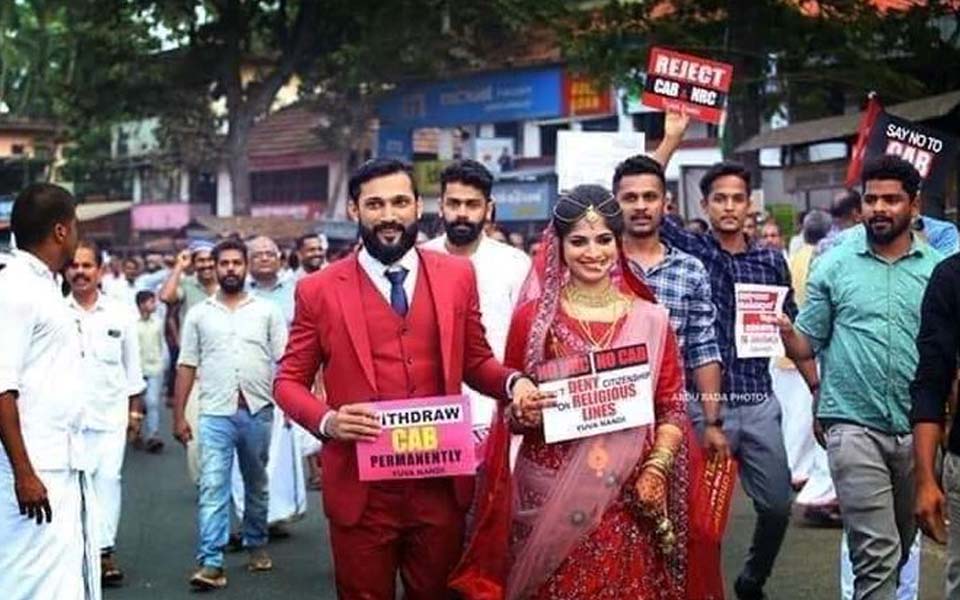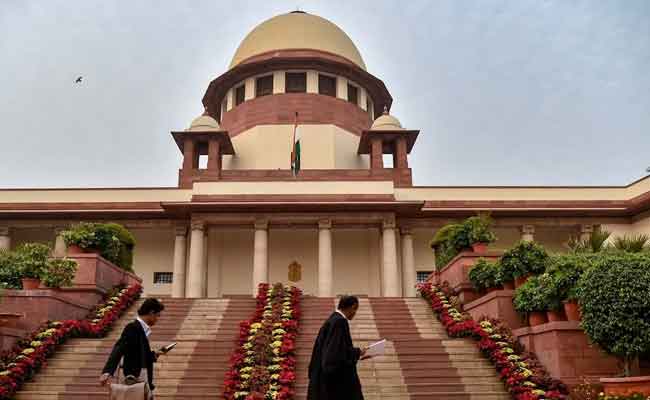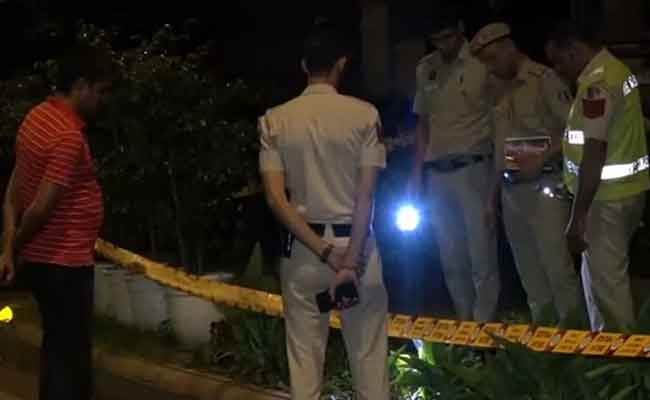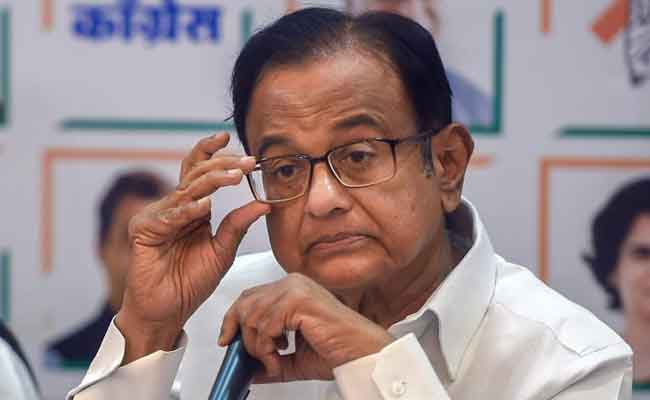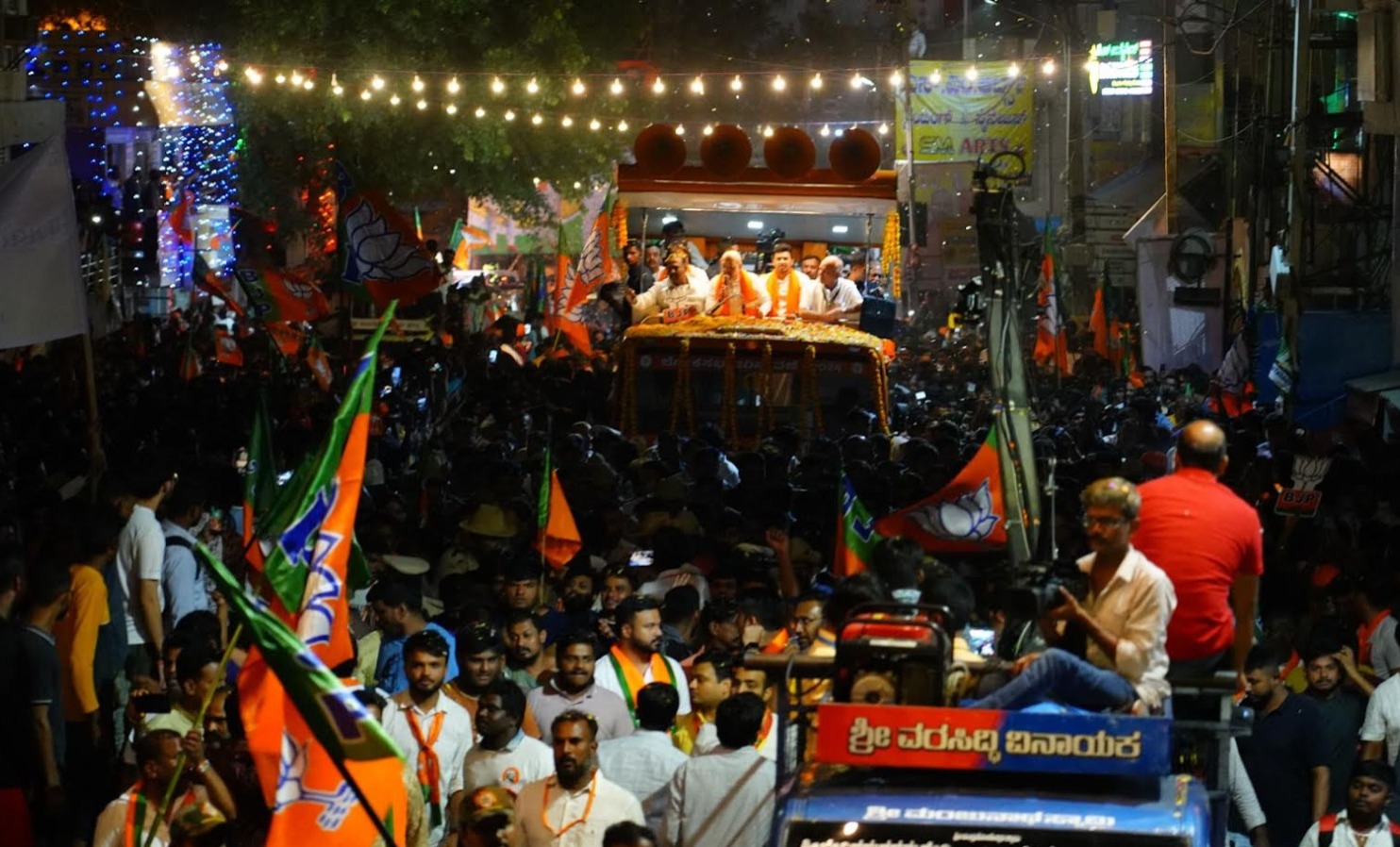Thiruvananthapuram, Dec 23: Not just open streets and college campuses, but even marriages, pre-wedding photo-shoots and Christmas festivities seem to be turning into protest venues against the Citizenship Amendment Act in Kerala.
Cutting across religion, youths from various parts of the state have posted their wedding photos, in which the bride and groom hold placards saying 'No CAA.. No NRC" at the marriage venues, on social media, all of which have gone viral.
In some viral videos, brides and grooms walk to the reception venue holding placards criticising the CAA, while in others, they are initiated into the hall by their friends raising slogans against the Act and expressing solidarity with those protesting against it across the country.
In one video, a beautiful bride, wearing a richly decorated red lehenga, holds an anti-CAA placard in one hand while walking hand-in-hand with the groom through a busy road.
Their friends raise slogans against the CAA and walk behind them.
Huge posters, usually erected by friends to greet the newly-wed couple in villages, have also become a space for anti-CAA slogans.
A poster with photos of a couple appeared in politically volatile Kannur district recently and read "India will not budge...we will not be silent".
In one of the photos, which has gone viral, a Hindu groom wearing a Muslim skull cap walks along with the bride, apparently as a mark of protest against Prime Minister Modi's controversial remarks that those indulging in arson can be identified by their clothes.
Arun Gopi and Asha Shekhar, who recently shot their 'save-the-date' photos, holding placards against CAA and NRC, said they wanted to send a message through the innovative idea.
'Save-the-date' is a practice among youth to announce the wedding date.
The couple, who will tie the knot on January 30, said they decided to make the pre-wedding photos a political statement and so came out with photos with anti-CAA messages.
The photos were an instant hit on the social media.
A group of students of Mahatma Gandhi University in Kottayam recently organised their annual Christmas celebrations on the campus in a different way-with Santa Clauses carrying placards and posters against CAA and holding the photos of national leaders like Gandhiji and Ambedkar.





Kerala wedding couples holding anti NRC / CAA banner @wedding ceremony
— SIRAJ KATTUKULAM (@sirajdolphin) December 22, 2019
If Keralaites decided to protect,
No Samghi can do anything @CMOKerala pic.twitter.com/21EVdnQ9Ii
Let the Truth be known. If you read VB and like VB, please be a VB Supporter and Help us deliver the Truth to one and all.
New Delhi (PTI): The Supreme Court on Wednesday said the Constitution intended to bring about a "sense of social transformation" and it would be "dangerous" to say that the private property of an individual cannot be regarded as material resources of community and taken over by state authorities to subserve "common good".
The observations were made by a nine-judge bench headed by Chief Justice D Y Chandrachud, examining whether privately-owned resources can be considered "material resources of the community", when the counsel for parties including the Property Owners Association (POA) of Mumbai made vehement submissions that the private properties cannot be taken over by state authorities under the garb of constitutional schemes of Articles 39 (b) and 31 C of the Constitution.
The bench is considering the vexed legal question arising from the petitions whether private properties can be considered "material resources of the community" under Article 39 (b) of the Constitution, which is part of the Directive Principles of State Policy (DPSP).
"It may be a little extreme to suggest that 'material resources of the community' only means public resources and we do not have their origin in the private property of an individual. I will tell you why it would be dangerous to take that view.
"Take simple things like mines and even private forests. For instance, for us to say that the governmental policy will not apply to the private forests under Article 39 (b)... therefore keep the hands off. It will be extremely dangerous as a proposition," said the bench which also comprised justices Hrishikesh Roy, B V Nagarathna, Sudhanshu Dhulia, J B Pardiwala, Manoj Misra, Rajesh Bindal, Satish Chandra Sharma and Augustine George Masih.
Referring to social and other prevalent situations in the 1950s when the Constitution was made, the bench said, "The Constitution was intended to bring about social transformation and we cannot say that Article 39 (b) has no application once the property is privately held."
It said whether the Maharashtra law, empowering authorities to take over dilapidated buildings, was valid or not was a completely different issue and would be decided independently.
The bench asked can it be said Article 39 (b) will have no application once properties are privately held ones because the society demands welfare measures and there was a need for redistribution of wealth as well.
The CJI referred to the abolition of 'Zamindari' and the purely capitalist concept of property also and said it attributed a sense of "exclusiveness" to property.
"The socialist concept of property is the mirror image which attributes to property, a notion of commonality. Nothing is exclusive to the individual. All property is common to the community. That's the extreme socialist view," the CJI said, adding that the DPSPs have their foundation in the Gandhian ethos.
"And what is that ethos? Our ethos regards property as something which we hold in trust. We don't go as far as to adopt the socialistic model that there is no private property...
"But, you know, our concept of property has undergone a very different, very subtle change from either the extreme capitalist perspective or the extreme socialist perspective," Justice Chandrachud said.
He said we regard property as something of holding in trust.
"We hold the property because for the succeeding generations in the family, but broadly, we also hold that property in trust for the wider community. That's the whole concept of sustainable development.
"That property which we have today, as today's generation, we hold in trust for the future of our society. That's what you call an inter-generational equity," the bench said.
It also observed that there was no need to distribute private properties, which have been considered as material resources of the community and gave the instance of nationalisation of private assets.
"You must understand that Article 39 (b) has been crafted in a certain way in the Constitution because the Constitution was intended to bring about a social transformation. We shouldn't therefore go that far to say that the moment private property is private property, the Article 39 (b) will have no application," the CJI said.
The bench also said it will also deal with the issue pertaining to Article 31 C which grants immunity to laws meant to protect DPSP. The observation was opposed by Solicitor General Tushar Mehta saying that it was not referred to.
Mehta said though the issue of Article 31 C was not referred to the nine-judge bench, but, he will assist it.
The arguments remained inconclusive and would resume on Thursday.
Article 39 (b) makes it obligatory for the State to create policy towards securing "that the ownership and control of the material resources of the community are so distributed as best to subserve the common good".
As many as 16 petitions including the lead petition filed by the Mumbai-based POA was heard by the bench. The lead plea was filed by POA way back in 1992 and it was referred thrice to larger benches of five and seven judges before being referred to a nine-judge bench on February 20, 2002.

